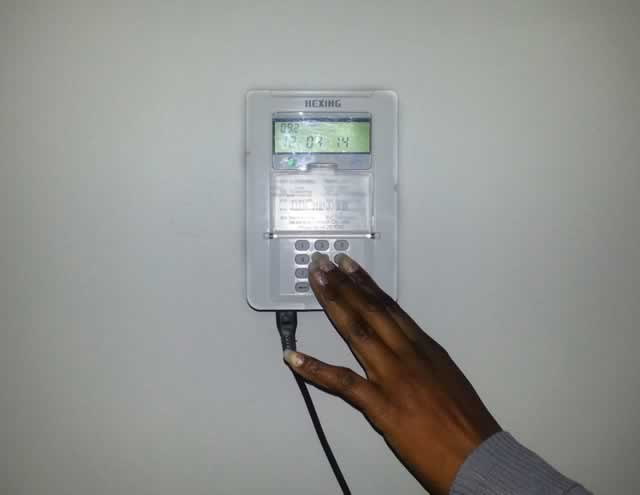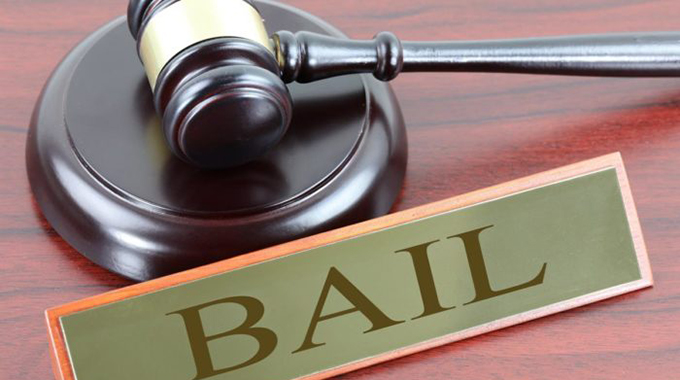‘Arbitrary water disconnections illegal’

Fidelis Munyoro Chief Court Reporter
Arbitrary disconnection of water supply without a court order is unlawful, the High Court has ruled in a case in which the Harare City was using draconian measures to recover service charges from consumers.
Bothwel Property Co (Private) Limited had sued the local authority for disconnecting water supplies to its property accusing it of failing to settle water bills.
The property firm refused to pay up its water bills disputing the quantum of liability. It obtained a provisional order in May this year to stop the disconnection of water supplies pending the finalisation of the case.
Granting an application for confirmation of an earlier provisional order barring council from arbitrary disconnections of water supplies, Justice Priscilla Chigumba said all disputes of payment should be brought before courts of law for determination.
She said disconnecting water supply before the dispute of amount due is finalised was putting the cart before the horse.
“In the interim we hold that the first respondent does not have such unfettered discretion where the quantum of liability is disputed in general, and more particularly in the circumstances of this case,” said Justice Chigumba.
“In the result, it is accordingly ordered that the first respondent, all its employees and assigns shall not disconnect applicant’s water supplies at Bothwel House Number 66 Jason Moyo Avenue, Harare, without a court order expressly authorising it to do so.”
Harare City sought to defend use of the draconian measure of arbitrary disconnections arguing it was a “necessary evil” if it were to have the resources required to continue providing clean, safe and potable water.
It also argued that the legal process was expensive, cumbersome and slow. Further the city argued that if it were to follow the legal route, its ability to continue providing safe, clean and potable water would be severely compromised and operations hamstrung.
The council further sought to rely on Section 86 of the Constitution which sets out the basis on which the fundamental rights and freedoms may be limited.
According to this section, all fundamental rights and freedoms must be exercised reasonably and with due regard to the rights of others.
It also provides that fundamental rights may be limited only in terms of a law of general application and to the extent that limitation is fair, treasonable and justifiable in a democratic society, based on openness, justice, human dignity and freedom, taking into account certain factors.
But Justice Chigumba who took a purposive approach to the interpretation of the law held that none of the principles set out in section 86(2)(a-c) of the Constitution were necessary in a democratic society when it comes to the right to clean, safe and potable water.
“Water is fundamental to life. Lack of water leads to death,” she said. “It cannot be in the public interest for the right to access to it to be arbitrarily denied, even if the rights of others who have paid their bills is prejudiced.”
Justice Chigumba also observed in her judgment that hard economic times gripping the country is forcing administrative bodies to become more aggressive about collecting revenue for service delivery.
She said the delay in aligning laws that govern the conduct of administrative bodies, with the provisions of the new Constitution, has forced them to continue to rely on compliance procedures that have no place in a constitutional democracy.









Comments